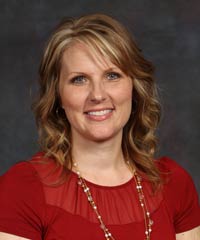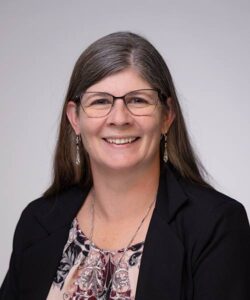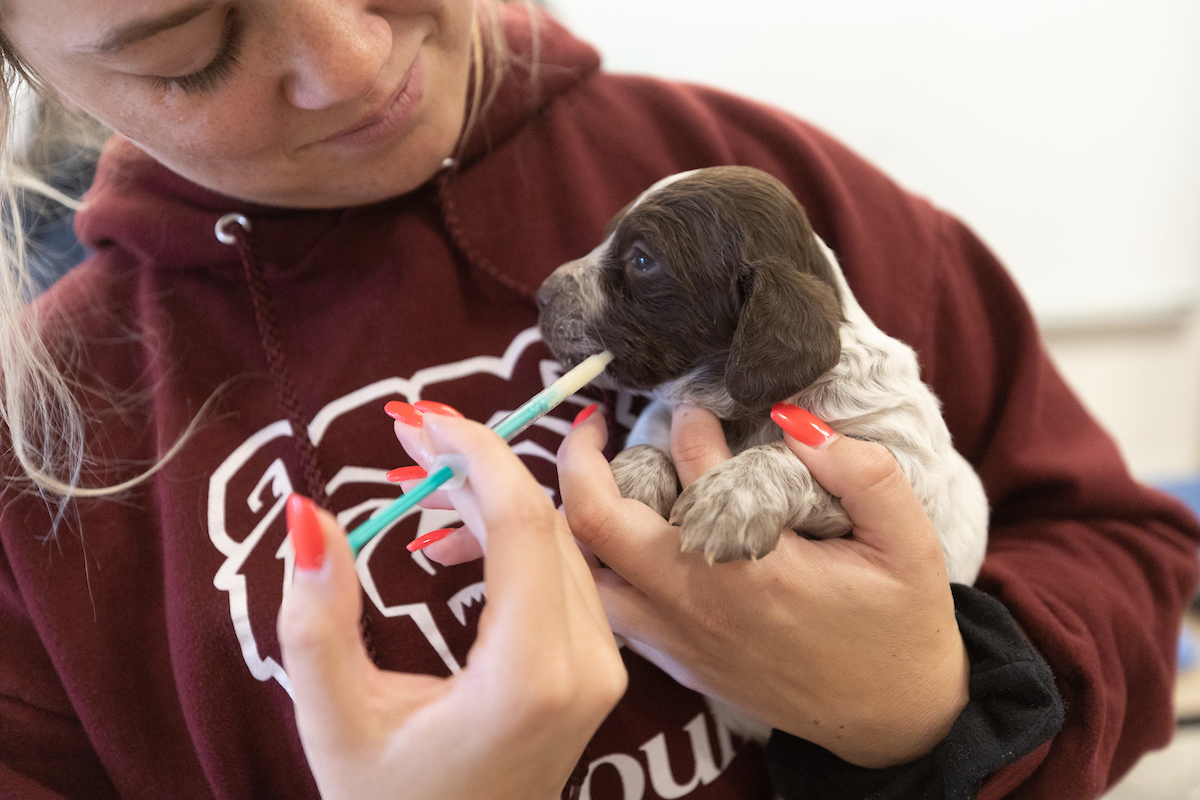What is Faculty Success?

Faculty Success by Watermark is an information management system that’s designed to help faculty document their achievements in teaching, research and service. It facilitates a centralized process for collecting and reporting data that relates to a variety of purposes, including accreditation, grants, annual reviews and promotion/tenure.
At Missouri State, we’ve been recording scholarly activity in Watermark for many years; you may know the system by its former name: Digital Measures. In addition to recording faculty accomplishments in teaching, research and service, some areas on campus have used the system to create accreditation reports and conduct performance reviews.
Many units used Faculty Success for the most recent round of performance reviews (the Spring 2023 evaluation cycle), and by Spring 2024, Faculty Success will be part of performance reviews for all faculty. This fall, some faculty are opting to submit their applications for tenure and/or promotion via Faculty Success.
Benefits of Faculty Success
Thus far, we’ve heard positive feedback about Faculty Success! Users say they like its capability to provide comprehensive pictures of their work. By inputting data into the system, faculty increase visibility for their accomplishments, which means those accomplishments are more easily recognized and celebrated.
The following aspects of Faculty Success have garnered particular attention:
- Instead of providing data multiple times for various processes throughout the year, you can input your data into Faculty Success just one time, and it’s accessible for those processes.
- It’s a user-friendly interface for tracking teaching, research and service activities over time.
- The system allows users to create customized curricula vitae.
- It provides an accessible, up-to-date record for annual performance reviews and promotion and tenure, so you don’t have to start from scratch each year.
Overall, Faculty Success offers big benefits in the standardization of the way materials are presented and the use of a digital workflow. As a bonus, it allows you to eliminate manual processes — including all the papers and binders that have been used for tenure and promotion submission in the past.
Faculty Success Points of Contact
Each college has a designated Faculty Success point person who’s ready to aid and support faculty with this system.
- College of Education: Dr. James Sottile and Dr. Ximena Uribe-Zarain
- College of Business: Dr. Elizabeth Rozell
- College of Natural and Applied Science: Gale Lininger
- Reynolds College of Arts, Social Sciences and Humanities: Dr. Jason Jolley and Angela Barker
- Libraries: Rachel Besara and Joshua Lambert
- Darr College of Agriculture: Dr. Kara Wolfe and Dr. Lacy Sukovaty
- McQueary College of Health and Human Services: Dr. Letitia White Minnis
On the Horizon
There is still much work ahead. While faculty are inputting and updating activities in the Faculty Success database, point persons from each college are developing templates for workflows within their areas. Conversations are underway to create a comprehensive landing page related to Faculty Success. As we all work together this fall, I feel confident that we will be poised for implementation of Faculty Success for annual review of all faculty next spring.
Around Campus…

The Small Animal Education Center is now open at the Darr Agricultural Center on Kansas Expressway. This 10,000-square-foot facility provides hands-on educational opportunities for animal science students.
The center includes a research laboratory and — perhaps most exciting of all — animal housing for a limited number of dogs and cats. Dogs will be sourced from a local shelter, and students will get to work with them on behavior, training and companion animal health. This not only provides a living/learning laboratory experience; it gives the dogs critical socialization and training that increase their chances of adoption.
As Dr. Lacy Sukovaty, school director of the environmental plant science and natural resources (EPSNR) and animal science programs, says, “The Small Animal Education Center is elevating hands-on opportunities in a dynamic teaching environment to prepare our students for careers and pre-professional programs.”
Rewind
The Small Animal Education Center was made possible through a combination of state funding appropriations, institutional funding and part of a $6.5 million gift from William H. Darr and the Darr Family Foundation. This donation was given in 2019, and it also funded a classroom building for a Springfield Public Schools magnet school dedicated to agricultural education — now known as AgAcademy. At the time, President Clif Smart said, “Gifts from Bill and Virginia Darr and the Darr Family Foundation have completely transformed the Darr College of Agriculture. This gift will allow us to further expand our programs to better serve the needs of southwest Missouri.”

